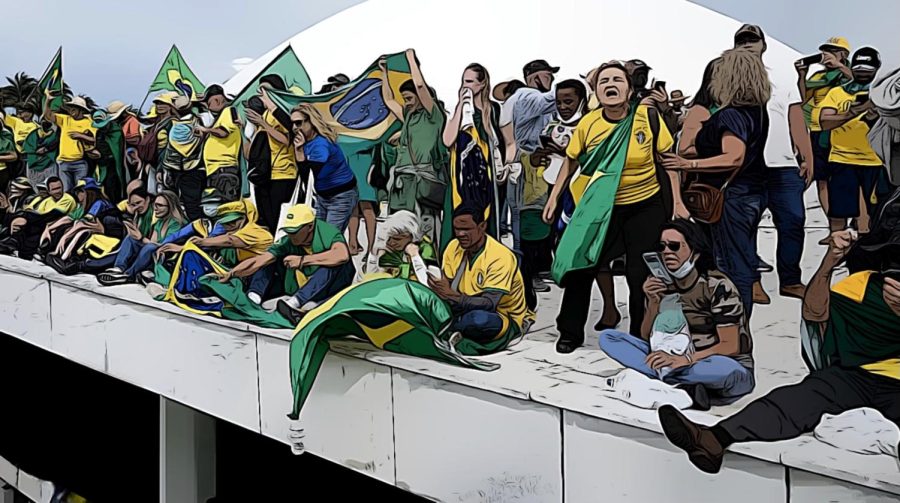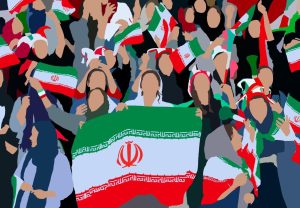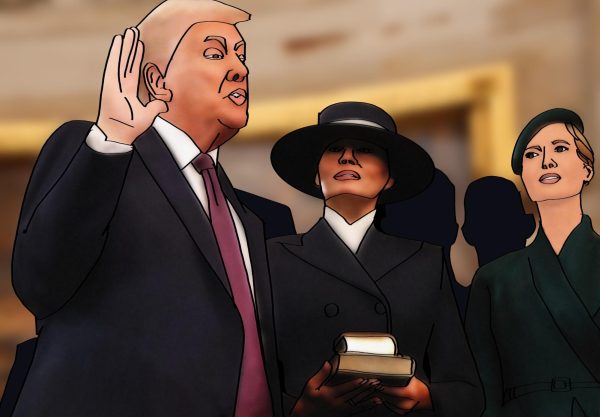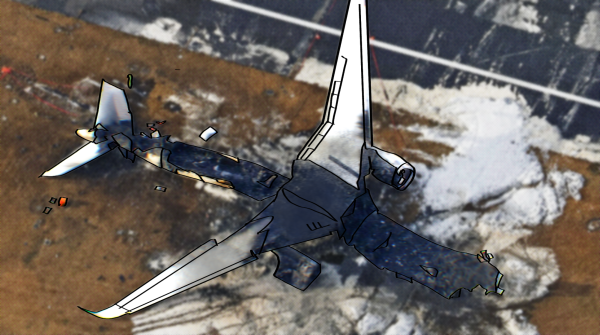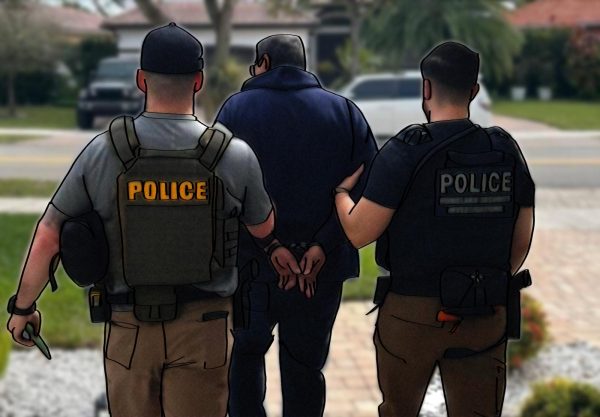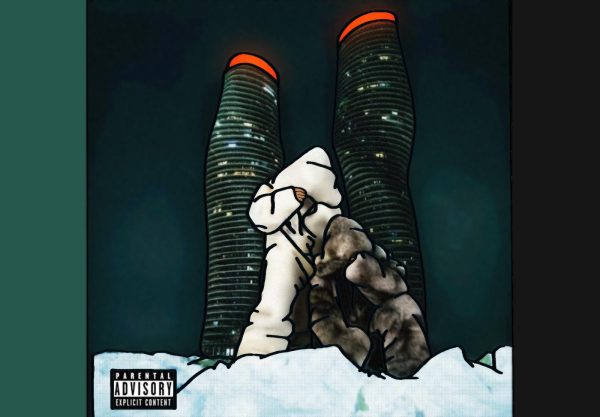An Infiltration of Far-Right Extremism: Brazil’s Democracy Dies In Anarchy
With a presidential race tightly close in Brazil, thousands of Brazilians stormed their capital after Jair Bolsonaro’s defeat.
Like many countries around the world, the symbols of Brazilian democracy conveying the people’s will were disintegrated when Brazilian demonstrators supporting former President Jair Bolsonaro refused to recognize the outcome of the 2022 election. This dangerous state of affairs for the fledging democracy of Brazil reflects the wreckage of a weak military dictatorship, put in place almost 38 years ago. This demonstration was not a peaceful one, as videos and photos from the scene show protesters breaking into government buildings, clashing with police and vandalizing federal property. This kind of violent behavior is unacceptable and must be condemned.
A clear imitation of the American insurrection that transpired just two years ago, this attempted coup d’etat occurred in Brazil’s capital on Jan. 8, which was left in pandemonium until police forces restored order. Attracting thousands of supporters, the branches of government were breached in the belief that the pro-Bolsonaro military would block President Lula da Silva from acting and creating the necessary conditions for Bolsonaro to recapture power.
“The assault of the Brazilian capital on Jan. 8 serves as a sharp reminder that democracy is a delicate thing that must be passionately maintained and defended by the people, lest those who seek to destroy it or take it away from them,” junior Marla Aman said.
It was not impossible to predict that this attack was imminent, as Bolsonaro refused to attend Lula’s inauguration, just as Trump had refused to attend President Joe Biden’s. Bolsonaro also enraged his supporters with the same enthusiasm as Trump, using the same technique of airing ridiculous grievances. Over the previous two months, a massive base of Bolsonaro supporters had developed in plain sight a plan for the assault, driven by the false idea that the election had been rigged.
“The inability of police forces in Brazil to control demonstrators is worrying evidence of the weakness of the social agreement between the people and those charged with their protection. I think we are supposed to combat issues in a peaceful and abstained matter, not with this kind of violence. It is simply unacceptable and does not benefit the country in any shape or form,” sophomore Keith Hernandez said.
Understanding the causes of the populace’s rage is crucial. High levels of unemployment and inflation have contributed to Brazil’s challenging economic predicament hit harder by the Russia-Ukraine War. A lot of people feel that the government’s reaction to the COVID-19 outbreak has been insufficient, and the nation has also been having trouble containing its immigration. These elements, along with a mounting feeling of disenchantment with the political elite, have caused widespread resentment and rage among Brazilians.
President Lula Da Silva faces a politically divided country, a rising toll of 600,000 dead citizens under Bolsonaro’s term during the COVID-19 pandemic and a minor majority for his party in Congress. Despite his previous imprisonment on corruption allegations, Lula Da Silva must act right now to solve the economic and health crises Brazil is currently confronting. He must revoke the rapid deforestation of the Amazon Rainforest as well as fight to win back the confidence of Brazil’s people. Although they will not be simple, these actions are essential for Brazil’s stability and growth and the ways in which the president tackles the assault on democracy will be the defining features of his term.
“It’s all very sad. My mom saw that Brazil was heading down a bad path back in 2014, and decided to leave the country with me and my sister. Over the years I’ve watched as Brazil turned into an oppressive and violent country rife with corruption. As someone who was born and grew up in Brazil, it pains me to see how a place I’ve loved all my life is basically turning into factions that are desperate for control,” senior Leonardo Grisard said.
As far-right factions all over the world have demonstrated the shortcomings of Western liberal democracy, many see trouble ahead for other countries. Concerns over the development of far-right violence might undermine liberal democracy’s values by fostering divisive speech and practices.
A presidential rejection of a democratic defeat could ignite a chain reaction with catastrophic ramifications for democracy itself and its reputation as a whole. This acts as a potent reminder that change is necessary. In order to address the concerns of its people and fight to bring the nation’s order and stability back, the government must move quickly.
Your donation will support the student journalists of Coral Gables Senior High School. Your contribution will help us cover our annual website hosting costs.
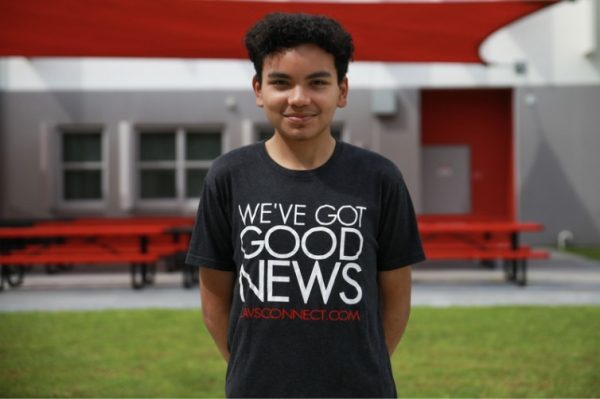
Entering his fourth and final year with his favorite publication at heart, senior Aaron Rojas has once again secured the prized position of Features Editor...


